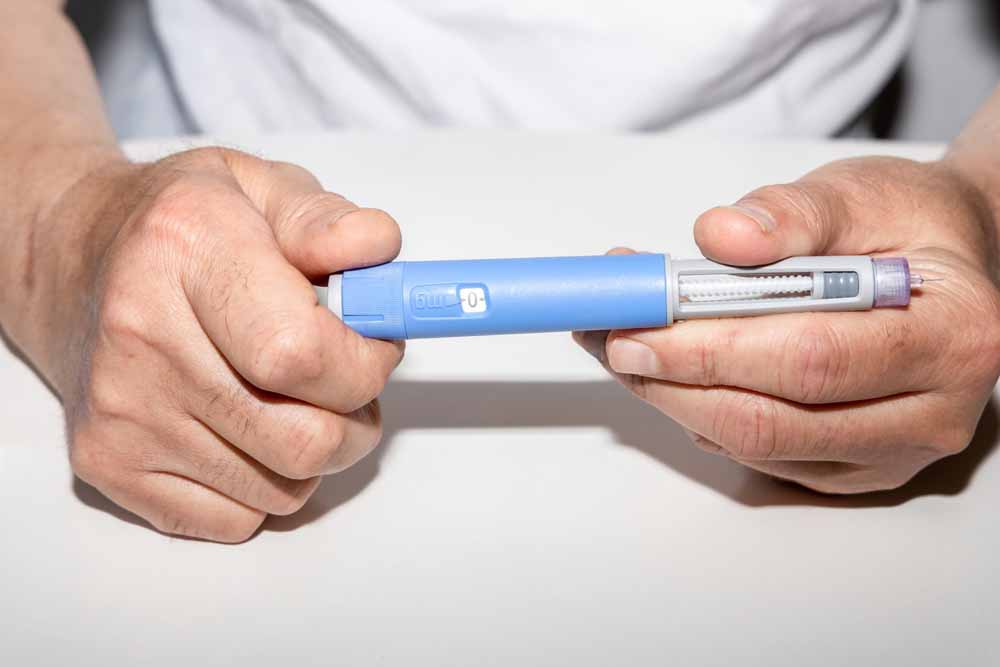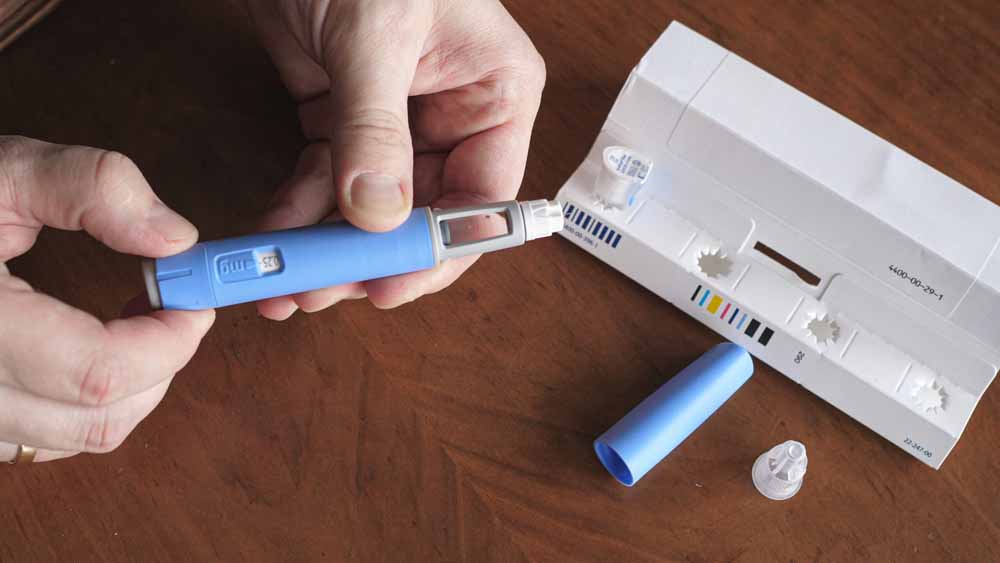Electric Car Safety – Are Teslas and other Electric Vehicles Safer than Gas-Powered Cars?
Electric vehicles (EVs) are making slow but steady inroads into the American fleet population. 2016 to 2017 saw sales jumping by 45 percent alone. But because of several high-profile fires in Teslas and other EVs after collisions, some people have been asking about electric car safety. Are electric cars as safe as traditional gas-powered vehicles?
Although limited data prevents experts from making a definitive conclusion, most say the evidence points to EVs being safer. About 174,000 vehicle fires occur in the U.S., but virtually all of these are gas-powered vehicles.
An electric car safety researcher and expert, Steven Risser told CNN: “A battery powered vehicle having a fire incident is newsworthy. A gasoline powered vehicle having a fire is newsworthy only if it stops traffic.”
Based on the data available, researchers estimate that EVs have only five fires for every billion miles traveled. However, gas-powered cars have about 55 fires for billion miles traveled. Those numbers look great, but EVs only make up about one percent of the total number of vehicles on the road in the U.S. Time will tell whether these figures will change once we see more EVs on the road, covering more miles.
What’s the Main Electric Car Safety Issue?
As most of us know, gasoline is a highly flammable substance that carries considerable risk of explosion or fire after an accident. But EVs, which run on Lithium-ion batteries, carry their own risk. These batteries have the potential to explode. If the battery pack is badly damaged or pierced in an accident a fire is a possibility. For this reason, electric car manufacturers protect battery components “even more than necessary” to reduce this risk. Based on the figures presented above, their caution seems to be paying off.
What About Rollovers?
When it comes to electric car safety in rollover accidents, EVs, especially Teslas, perform exceptionally well. The National Highway Safety Transportation Authority (NHSTA) has given Tesla top-ratings in rollover tests. NHSTA notes that their rollover risk is 50 percent better than any other car. Electric Volvos, Chevrolets and Nissans have found similar results. According to the Department of Energy, the enhanced performance of EVs in rollovers is likely because they have a lower center of gravity than traditional gas vehicles.
What’s the Bottom Line?
After reviewing the available data, Phoenix personal injury lawyer Doug Zanes believes that electric car safety is good. Specifically because EVs have a number of safety advantages over gas-powered vehicles. Although more safety information will become available as increasing numbers of electric cars hit the roads, the current information that is available regarding electric car safety is promising.
If you or loved one is involved in a car accident, contact Zanes Law at (844) 9260-3753 for a free consultation. We can give you insight about how to handle insurance companies, obtain fair compensation and feel more in control.




